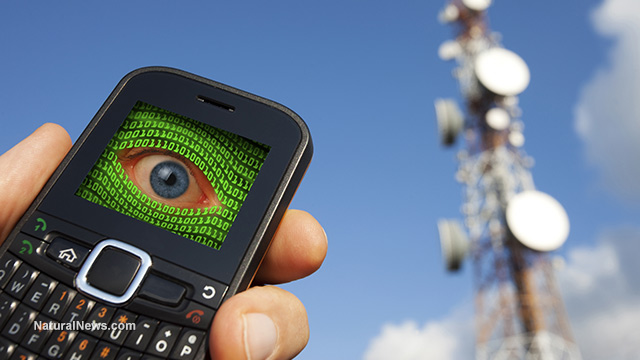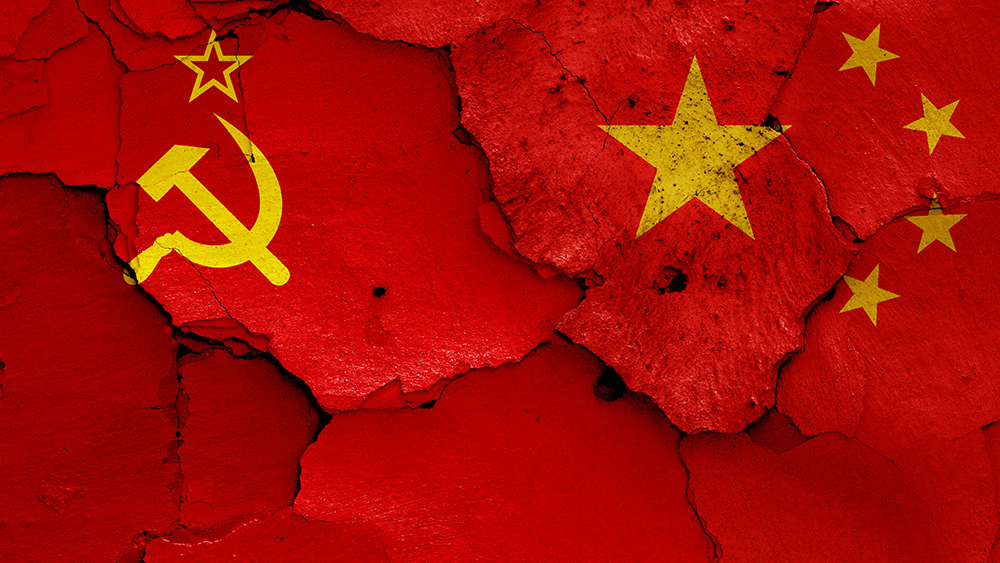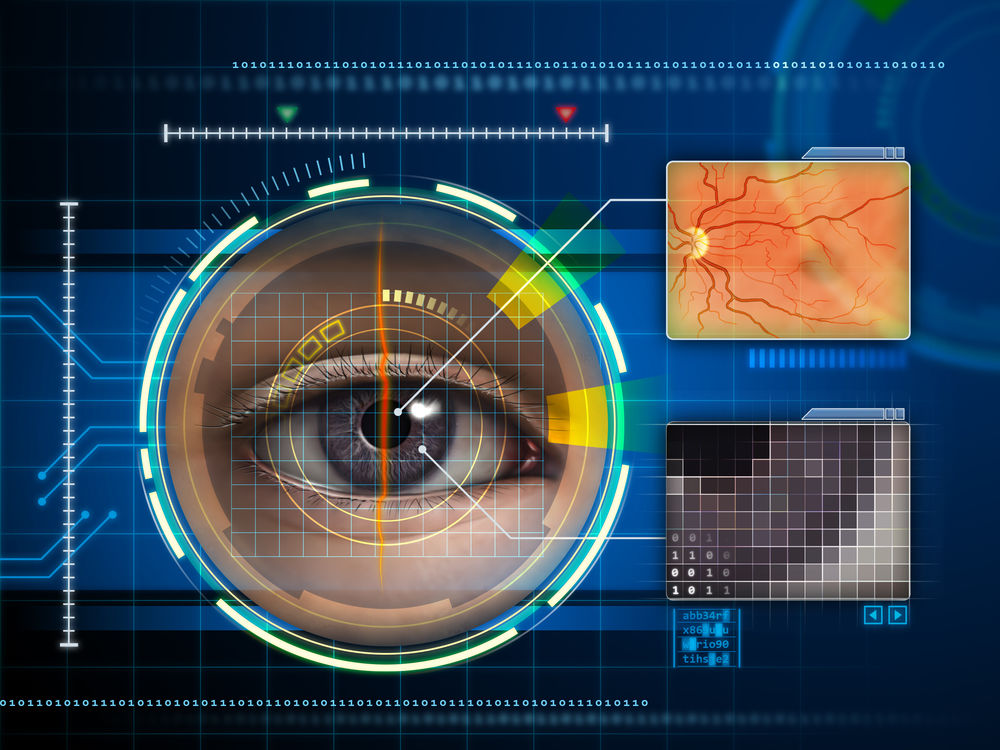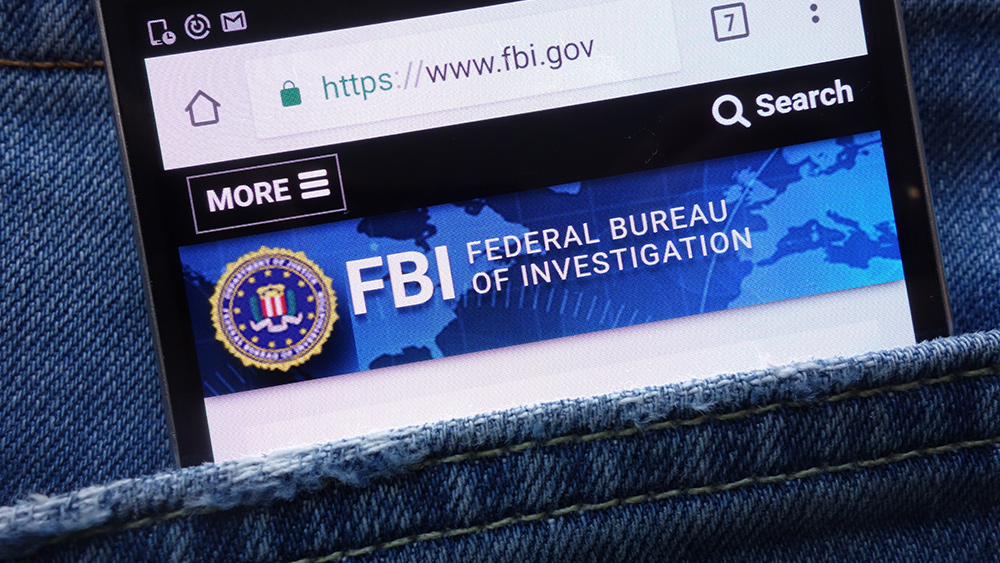French government passes justice reform bill that vastly expands police surveillance powers
07/11/2023 / By Laura Harris
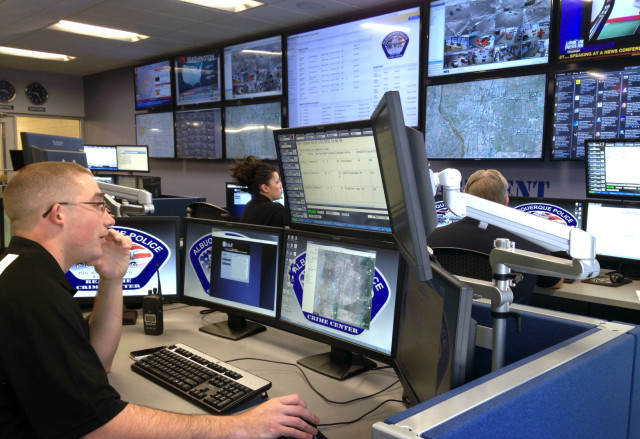
Amid ongoing protests in France following the tragic killing of 17-year-old Nahel M. by the police, the French government has passed a new law granting expanded surveillance powers to law enforcement agencies.
On July 12, 80 lawmakers voted in favor of a provision allowing the police to remotely activate cameras, microphones and GPS on phones and other devices of the suspects. National Assembly members have approved this disputed measure as part of a comprehensive justice reform bill currently making its way through Parliament. (Related: Atlas of Surveillance database reveals THOUSANDS of law enforcement agencies unlawfully surveilling Americans.)
The law covers not only phones, but also laptops, cars and other connected objects, allowing for the geolocation of suspects involved in crimes punishable by at least five years of imprisonment. Additionally, devices can be remotely activated to record audio and video in cases involving terrorism, delinquency and organized crime.
During the debate, lawmakers from the party of French President Emmanuel Macron introduced an amendment to restrict the use of remote spying to situations “justified by the nature and seriousness of the crime” and for a “strictly proportional duration.”
A judge must approve any implementation of the provision, and the total surveillance period is only limited to a maximum of six months. Certain professions, including doctors, journalists, lawyers, judges and MPs, are exempt from being targeted.
Justice reform bill sparks fear of authoritarian surveillance state in France
The snooping clause, part of a larger justice reform bill, has been branded as an authoritarian snoopers’ charter. Privacy advocates, human rights activists and politicians argue that the new law could lead to a decline in civil liberties and establish a surveillance state.
Left and human rights activists argue that once enacted, it would eliminate any possibility of evading government surveillance, rendering VPN services and encrypted messaging ineffective.
According to critics, the timing of the passage of the law would only contribute to the already tense situation in France, as citizens continue to protest against the Macron government following the tragic death of Nahel M. in a Paris suburb. (Related: Macron blames social media and video games for France riots – another excuse to justify ONLINE CENSORSHIP.)
While the government insists that the law will be used sparingly and with strict oversight, concerns about the potential abuse of power and the erosion of civil liberties persist among activists and opposition groups.
Justice Minister Éric Dupond-Moretti defended the provision, arguing that it will save lives and reassuring the public that France is not heading toward an Orwellian dystopia. He stressed that the law’s application would be limited to a small number of cases each year.
“We’re far away from the totalitarianism of ‘1984’,” Dupond-Moretti said, referring to George Orwell’s novel about a society under total surveillance.
However, opposition parties and rights groups still view the new law as a potential smokescreen for establishing a pervasive surveillance state. Digital rights group La Quadrature du Net raised alarm bells, highlighting potential violations of fundamental liberties such as the right to security, privacy, private correspondence and freedom of movement.
The group expressed concerns that the police may exploit security flaws rather than cooperate with manufacturers to address them, thereby targeting dissidents and further encroaching on citizens’ privacy.
Watch this video explaining how Orwellian surveillance looks like.
More related stories:
FBI surveillance contractor infiltrated chatrooms, monitored skeptics of COVID jabs.
NYC Mayor Eric Adams brings back NYPD’s creepy robot surveillance dog.
REAL or STAGED? Sweden’s drone surveillance EXPANDED due to violent gang wars.
Sources include:
Submit a correction >>
Tagged Under:
big government, camera, cars, computing, cyber wars, Emmanuel Macron, fascism, France, French police, gadgets, Glitch, GPS, La Quadrature du Net, laptops, microphone, national security, phone, police state, privacy watch, remote monitoring, spy, surveillance, totalitarianism, tyranny, watched
This article may contain statements that reflect the opinion of the author
RECENT NEWS & ARTICLES
COPYRIGHT © 2018 WATCHED.NEWS
All content posted on this site is protected under Free Speech. Watched.news is not responsible for content written by contributing authors. The information on this site is provided for educational and entertainment purposes only. It is not intended as a substitute for professional advice of any kind. Watched.news assumes no responsibility for the use or misuse of this material. All trademarks, registered trademarks and service marks mentioned on this site are the property of their respective owners.

